Coordination, financial incentives and strong collaboration are essential for the success of wetland farming
Interview with Raphael Rehm (Swabian Donaumoos Association) about mixed farming and forestry in Swabian Donaumoos, Germany.
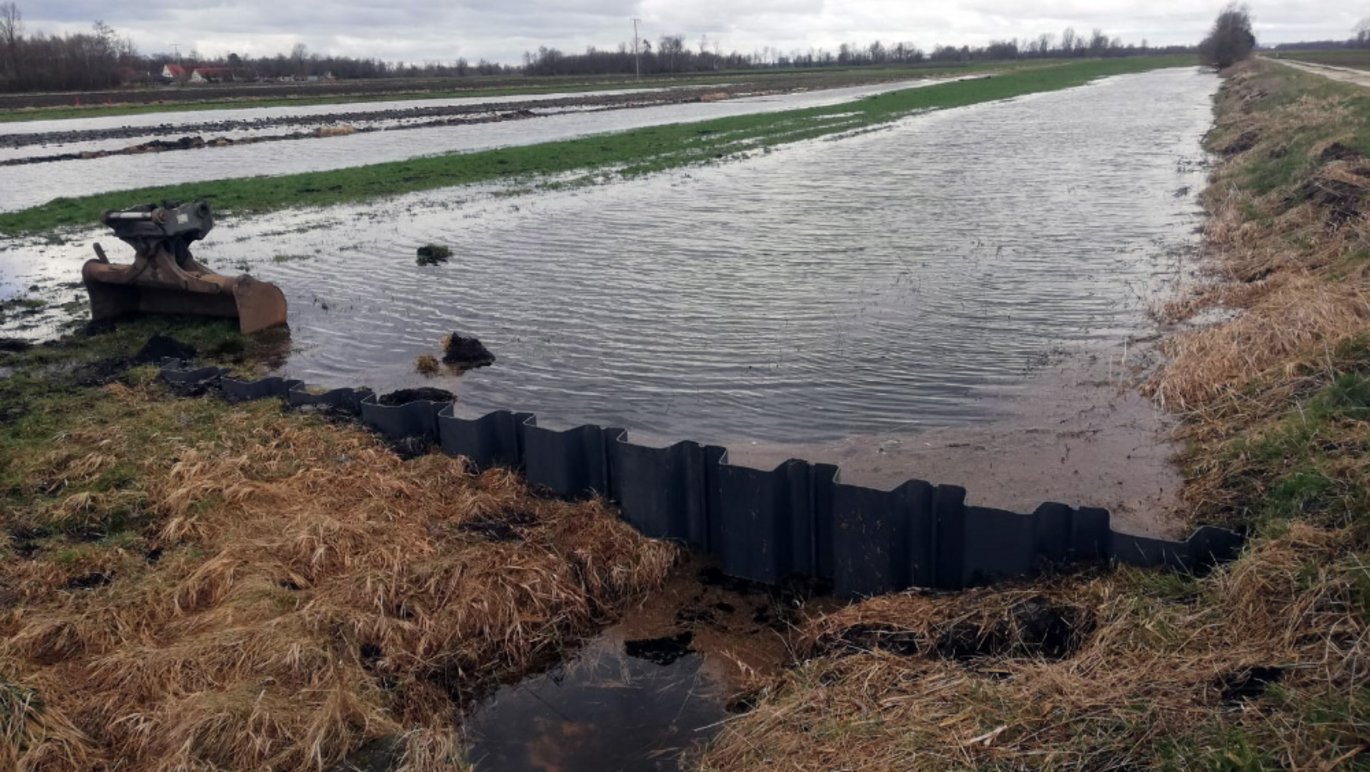
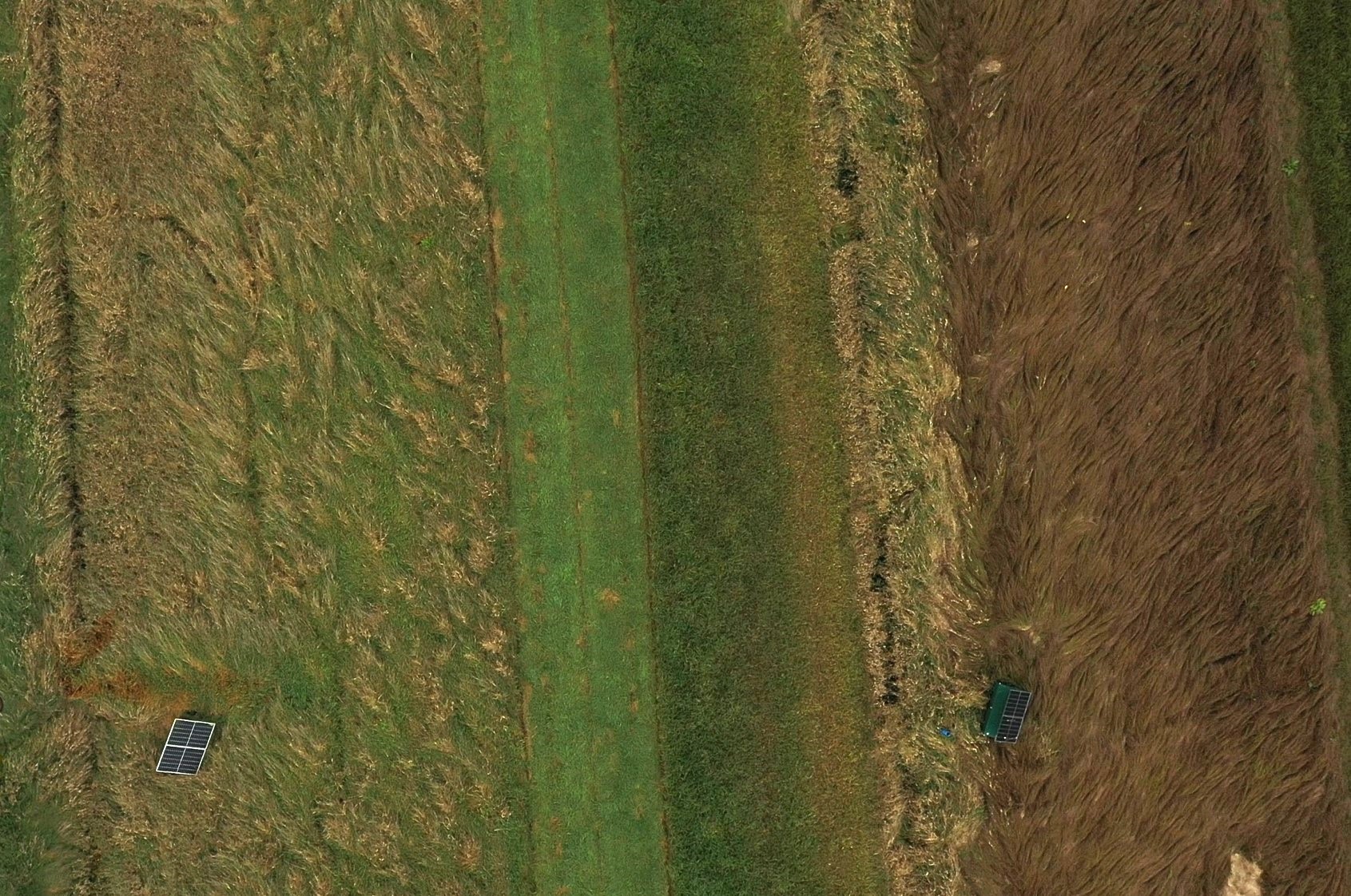
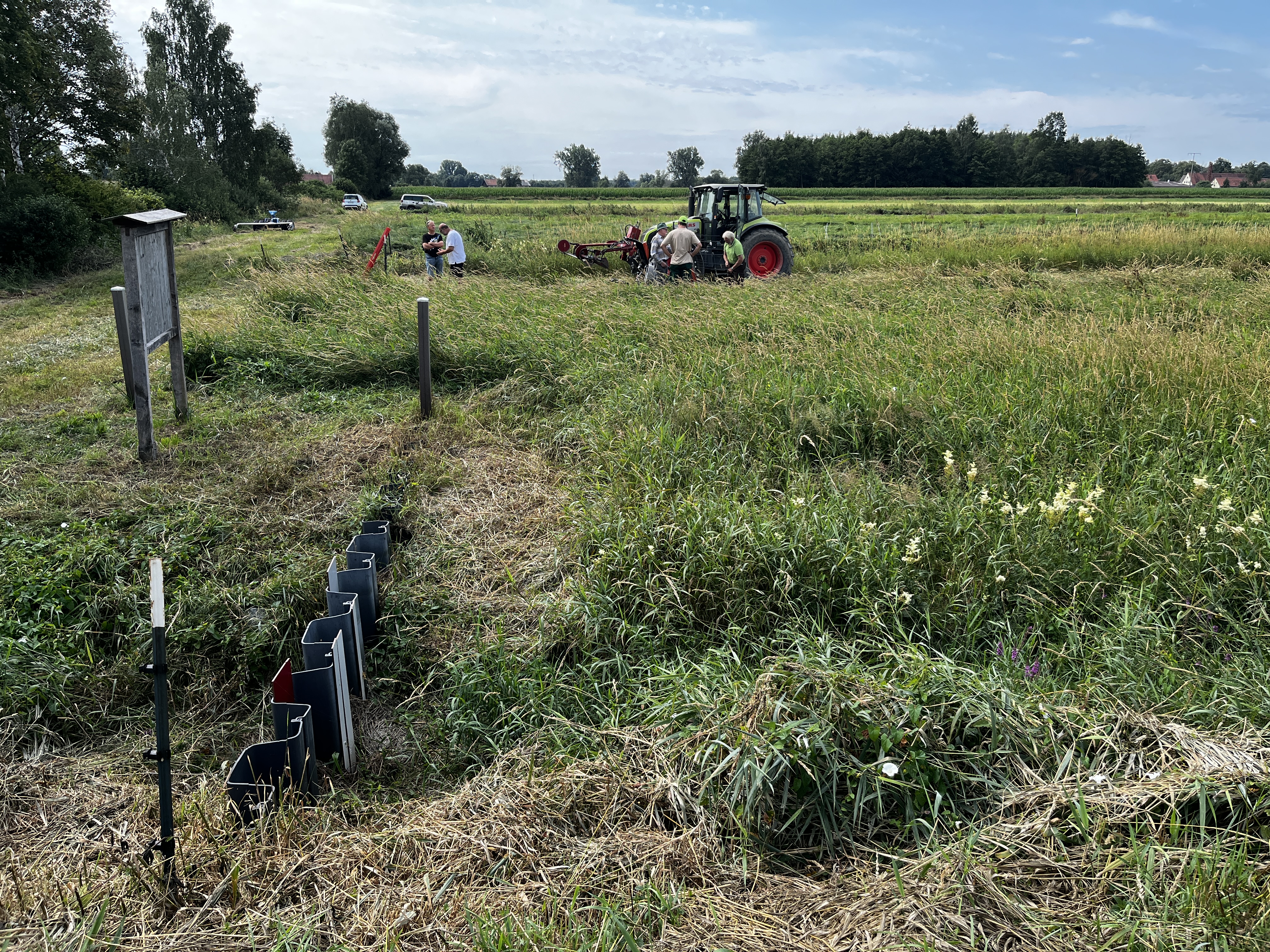
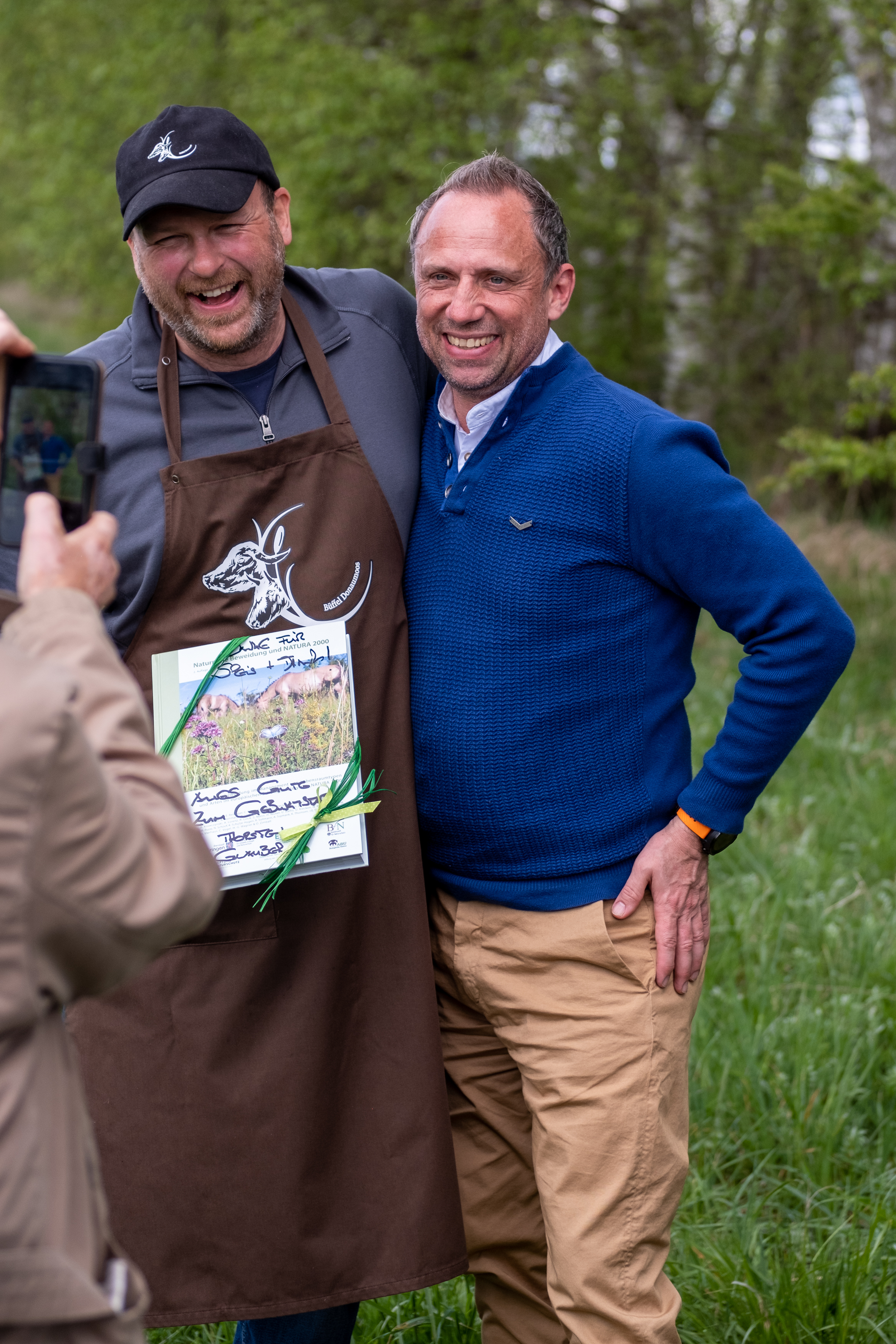
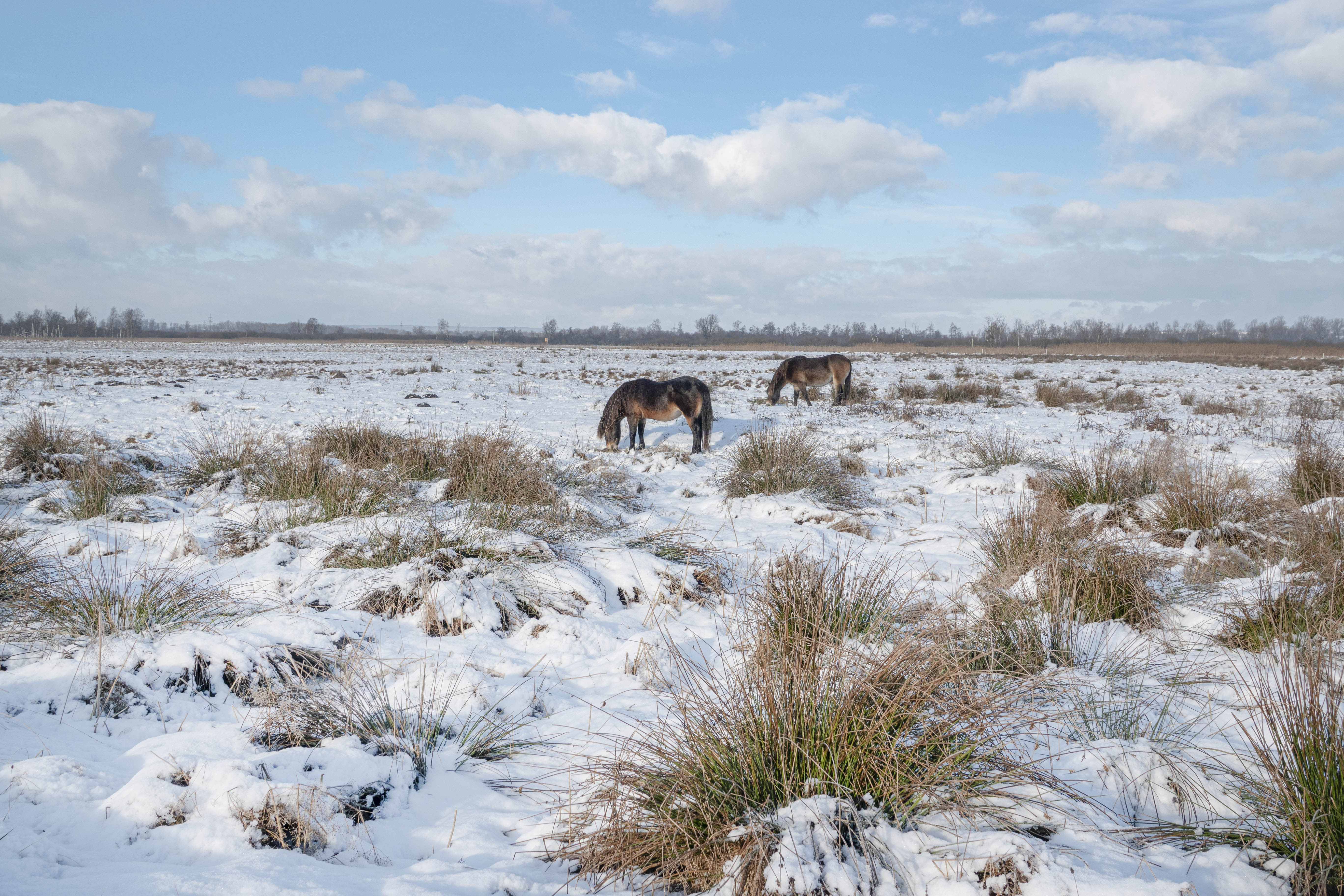
Why is mixed farming (farming with water) and rewetting important in your region/country?
In the Swabian Donaumoos, mixed farming and rewetting are crucial because peatlands are shrinking rapidly, leading to significant environmental challenges. Rewetting is essential to combat peatland degradation, which is contributing to climate change and negatively impacting the region's agriculture. It is a vital strategy to restore the ecological balance and reduce carbon emissions from peat decomposition.
Which changes would you like to see in your region/country as a result of the MIXED project?
The MIXED project aims to reinvigorate wetland farming and peatland protection in the Swabian Donaumoos. As a result, the region would ideally see an increase in the extent of rewetted peatlands, turning them into carbon sinks for climate protection. Additionally, the project should facilitate the development of sustainable mixed farming practices - with a focus on the cultivation of wetland plants and the production of eco-friendly materials. Ultimately, the goal is to achieve a significant reduction in agricultural climate damage and achieve a harmonious balance between agriculture and climate protection.
What results have you achieved - and what are the next steps?
In the Schwabian Donaumoos, proactive efforts have been made by our network and individual farmers, turning them into pioneers in wetland protection. Test areas have been rewetted, and wetland plants, including swamp grasses, are cultivated (paludiculture). These plants can be utilized as climate-friendly building materials, adding to the region's sustainability efforts. The results suggest potential benefits in terms of carbon sequestration and climate protection. The next steps involve awaiting program details and financial incentives, as well as exploring the lucrative commercial viability of products derived from these paludiculture products for the industry. This collaboration among farmers, local communities, and policymakers is essential to drive the success of wetland farming and peatland protection.
How are local communities and policymakers in your region collaborating to ensure the success of wetland farming, and what challenges are they facing in this endeavour?
Local communities, policymakers, and farmers are working together to ensure the success of wetland farming in the region. The Bavarian Moor Farmers Program (funding program from the Bavarian Agriculture Ministry) is a significant collaborative effort to rewet peatlands and balance agriculture with climate protection. However, there are challenges, including the need for clear program details and financial incentives to motivate farmers. Additionally, the long-term commitment to payments for landowners is crucial. The network is also addressing the challenge of reducing dependency on a single buyer by exploring the commercial viability of products from wetland plants, such as insulating boards, interior wall modules, terrace decking, and furniture. Coordination, financial incentives, and collaboration among all stakeholders are essential for the success of wetland farming in the region.
